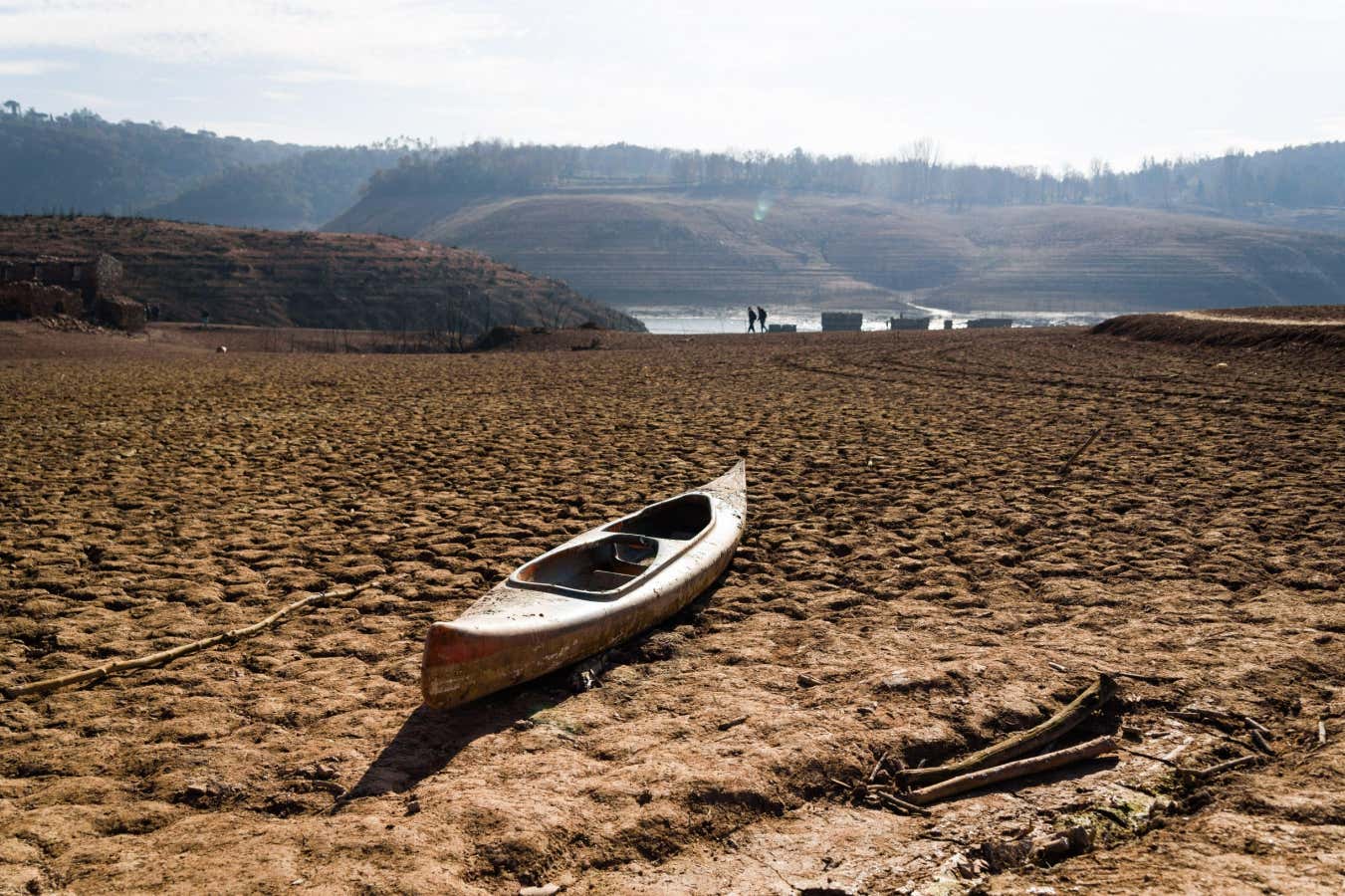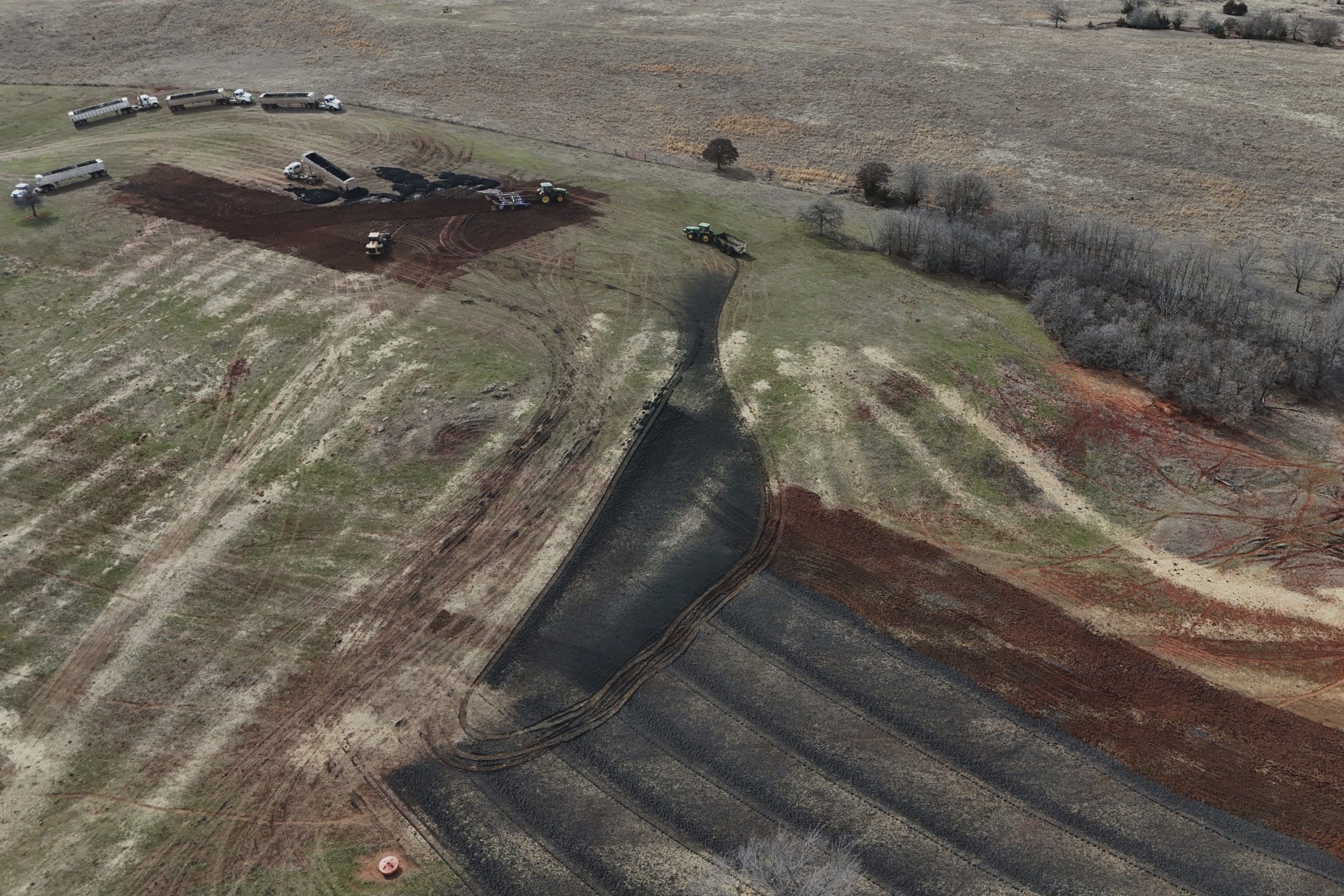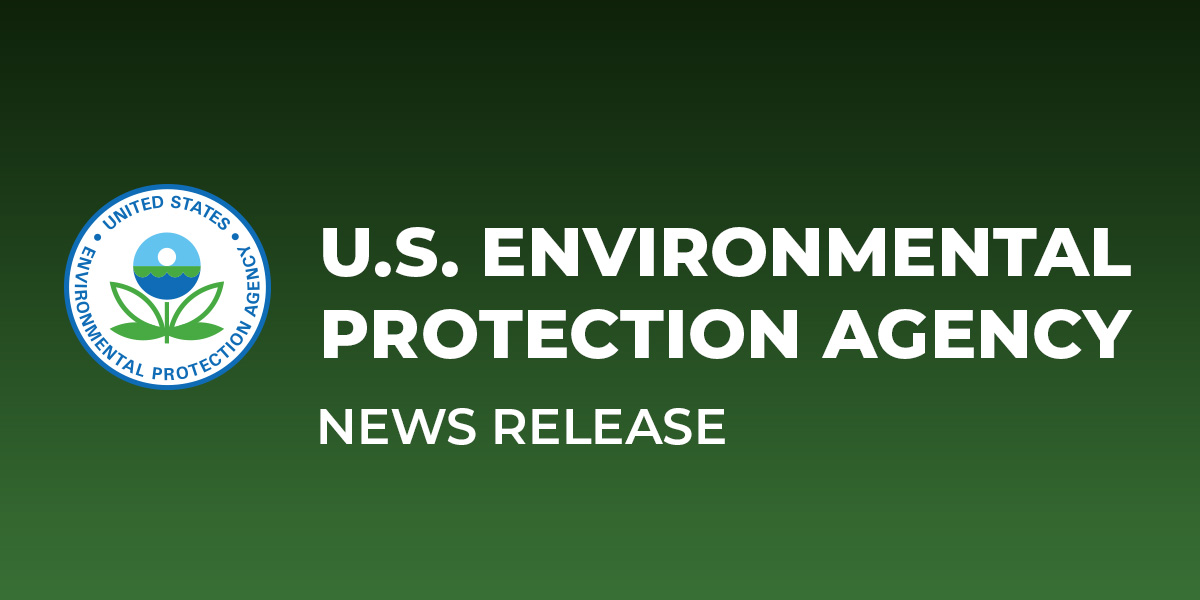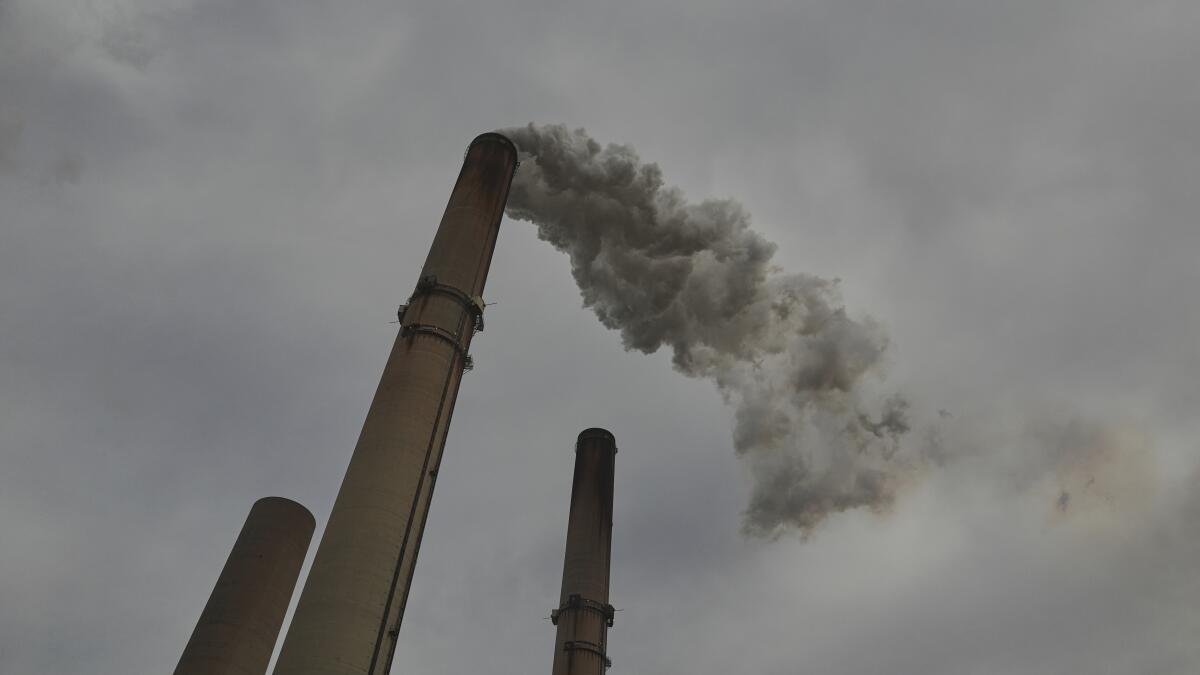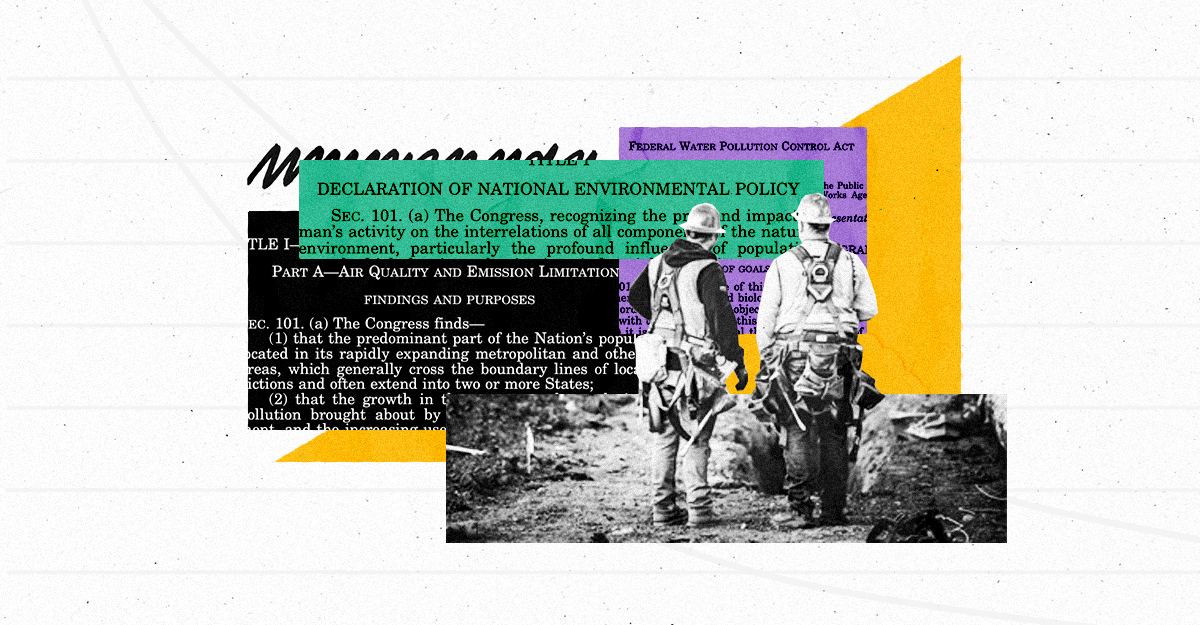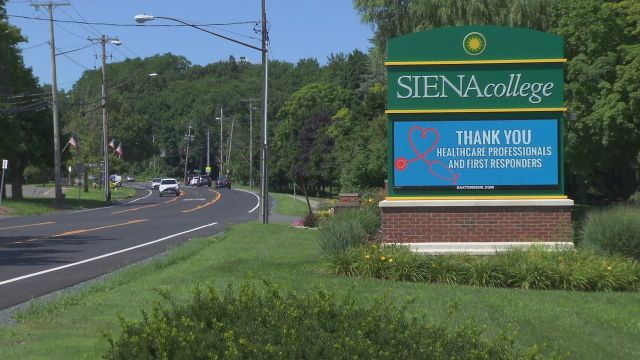
Climate Crisis Hits Home: What New Yorkers Really Think About Environmental Change
In the wake of Earth Day's global environmental awareness, the Siena College Research Institute unveiled a groundbreaking survey that delves deep into public perceptions and attitudes toward environmental challenges. Released on Wednesday, the special research report offers fresh insights into how Americans view critical ecological issues in today's rapidly changing world. The comprehensive study provides a nuanced look at environmental concerns, capturing the pulse of public sentiment and highlighting the growing awareness of sustainability and climate-related challenges. By presenting data-driven perspectives, the research aims to spark meaningful dialogue and encourage proactive environmental engagement among citizens, policymakers, and community leaders. Researchers at the Siena College Research Institute meticulously crafted the survey to capture a holistic view of current environmental attitudes, ensuring a representative and comprehensive analysis of public opinion. The timing of the release, closely following Earth Day, underscores the ongoing importance of environmental consciousness and collective action in addressing global ecological challenges.

